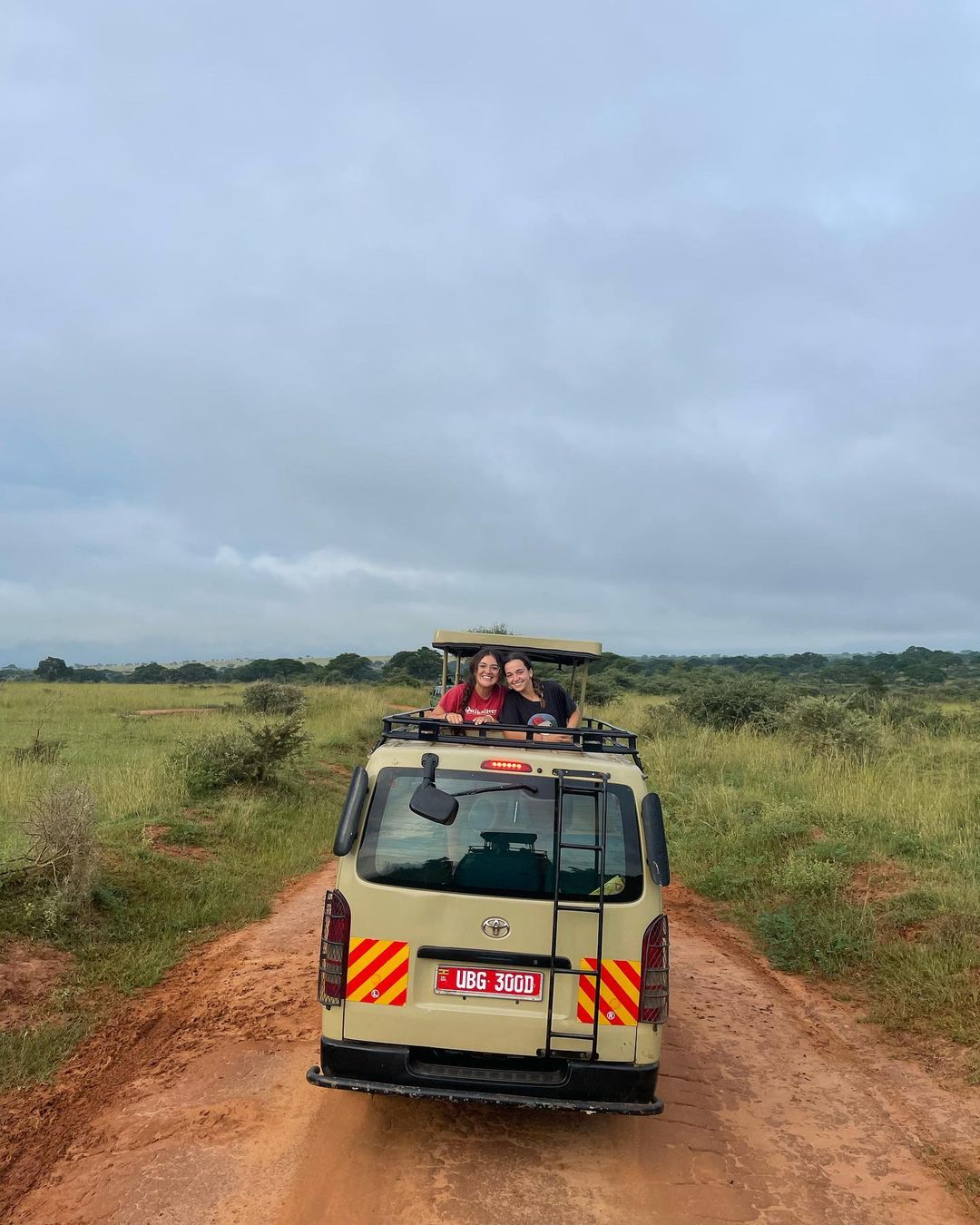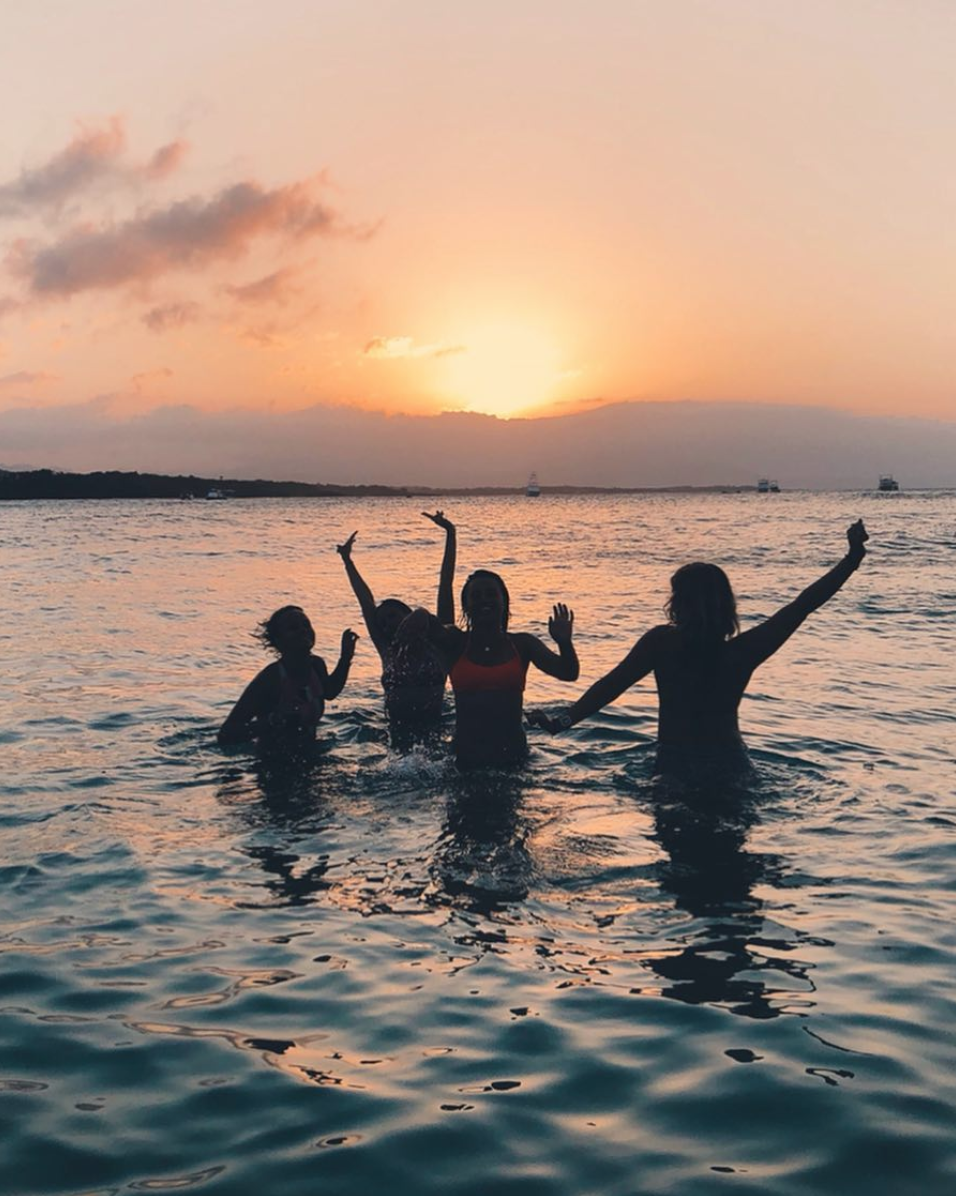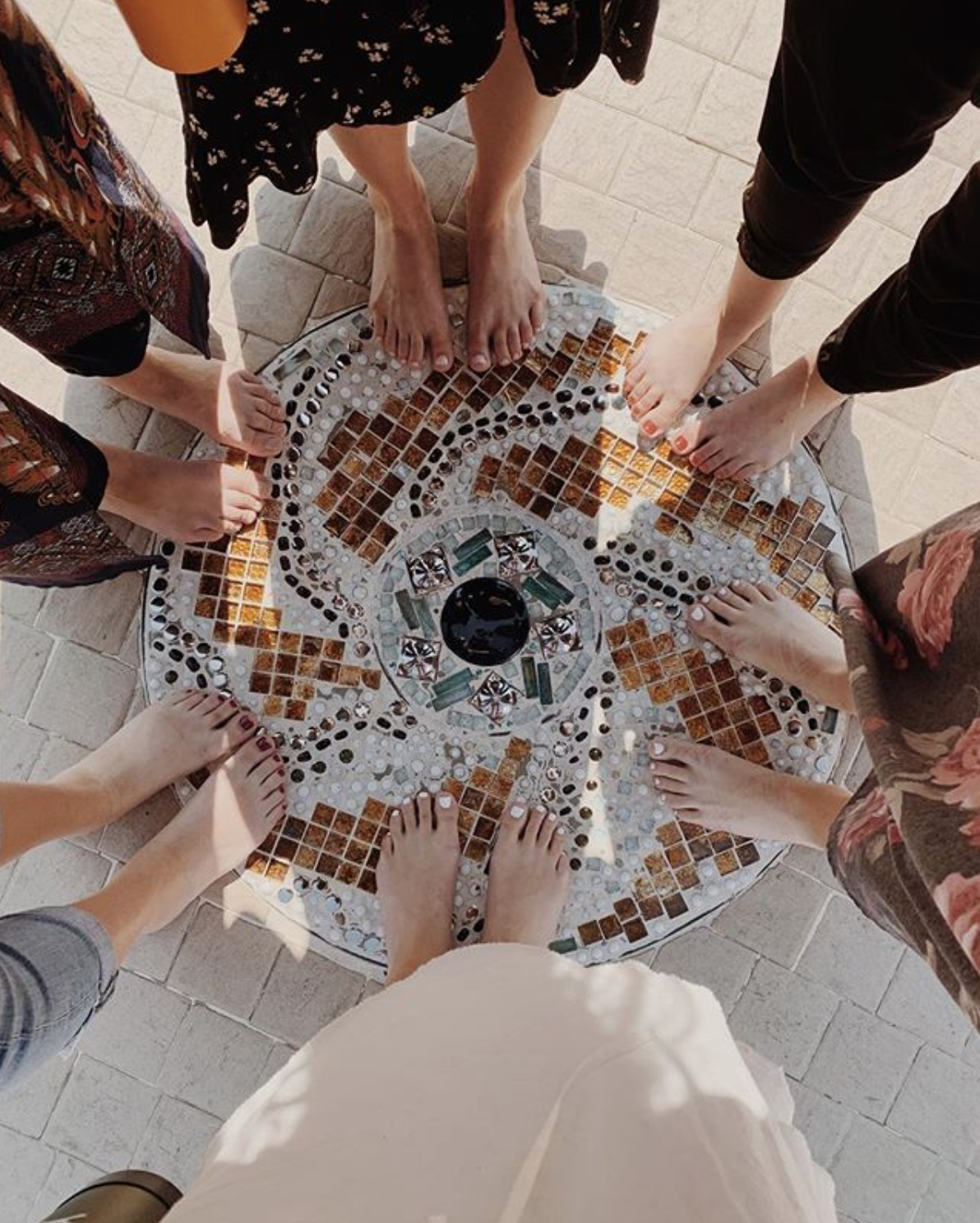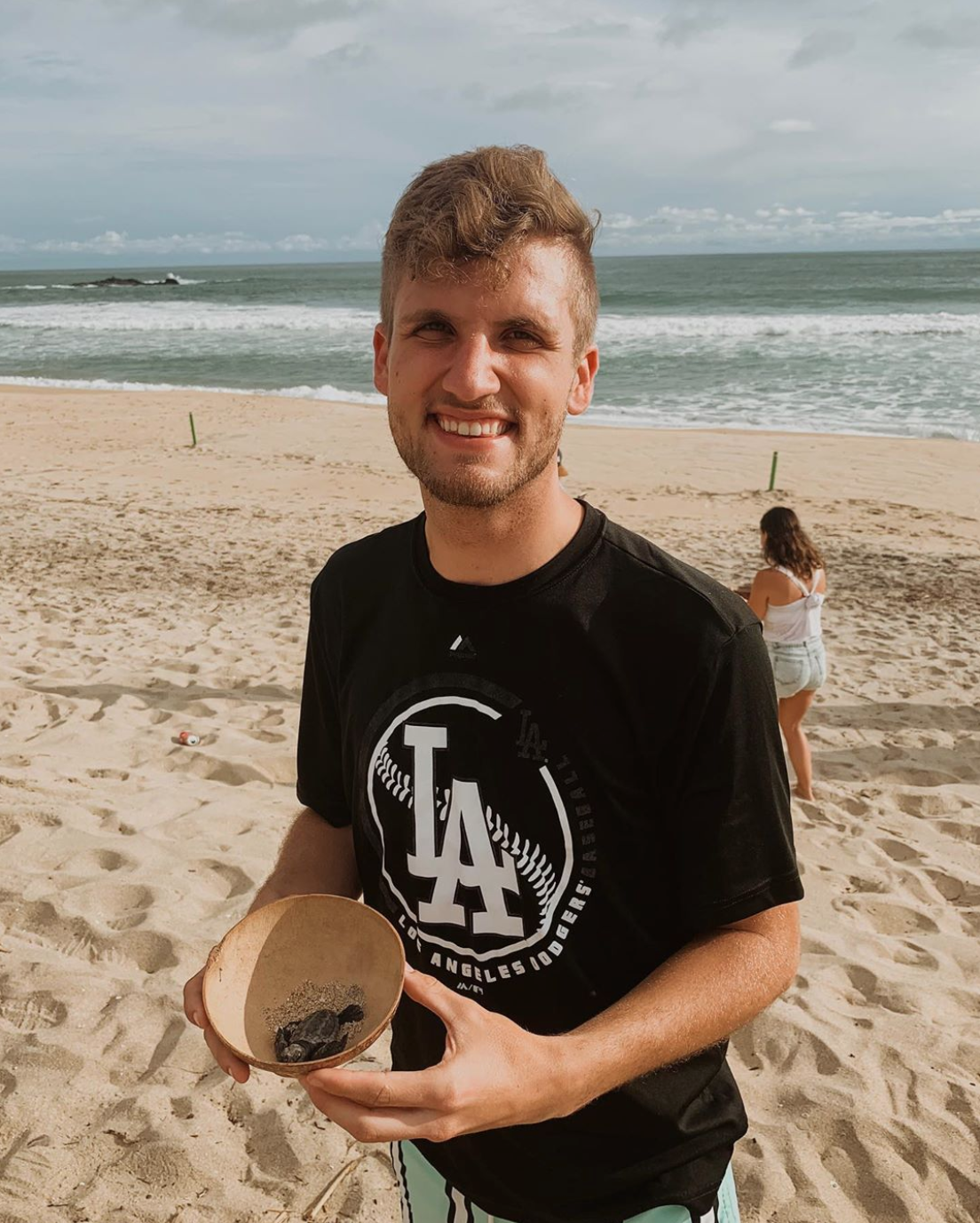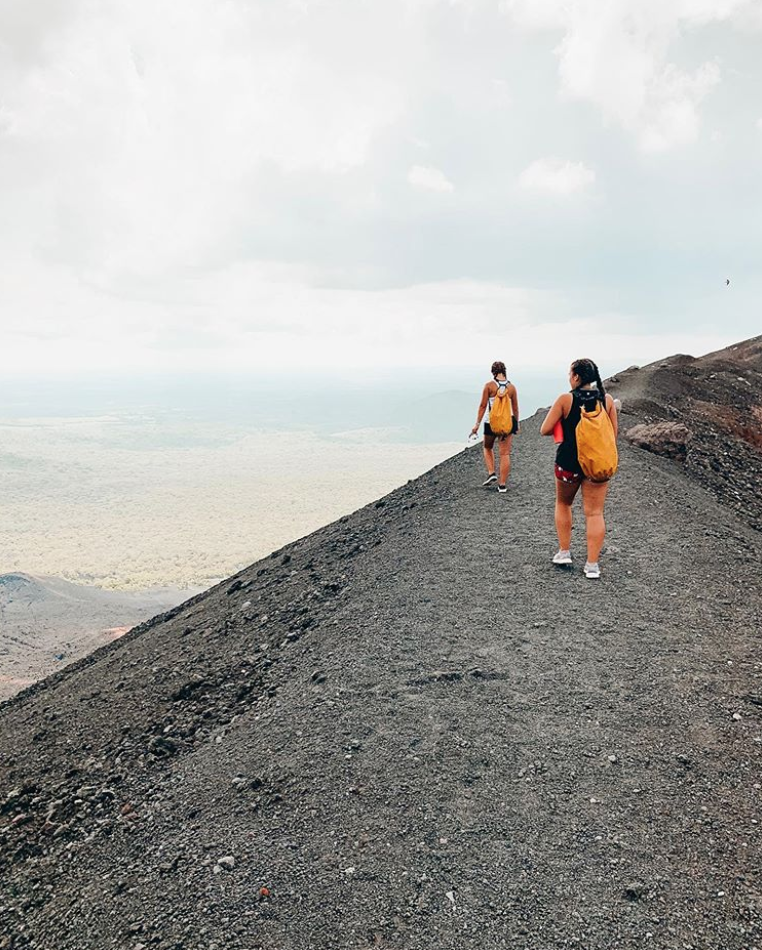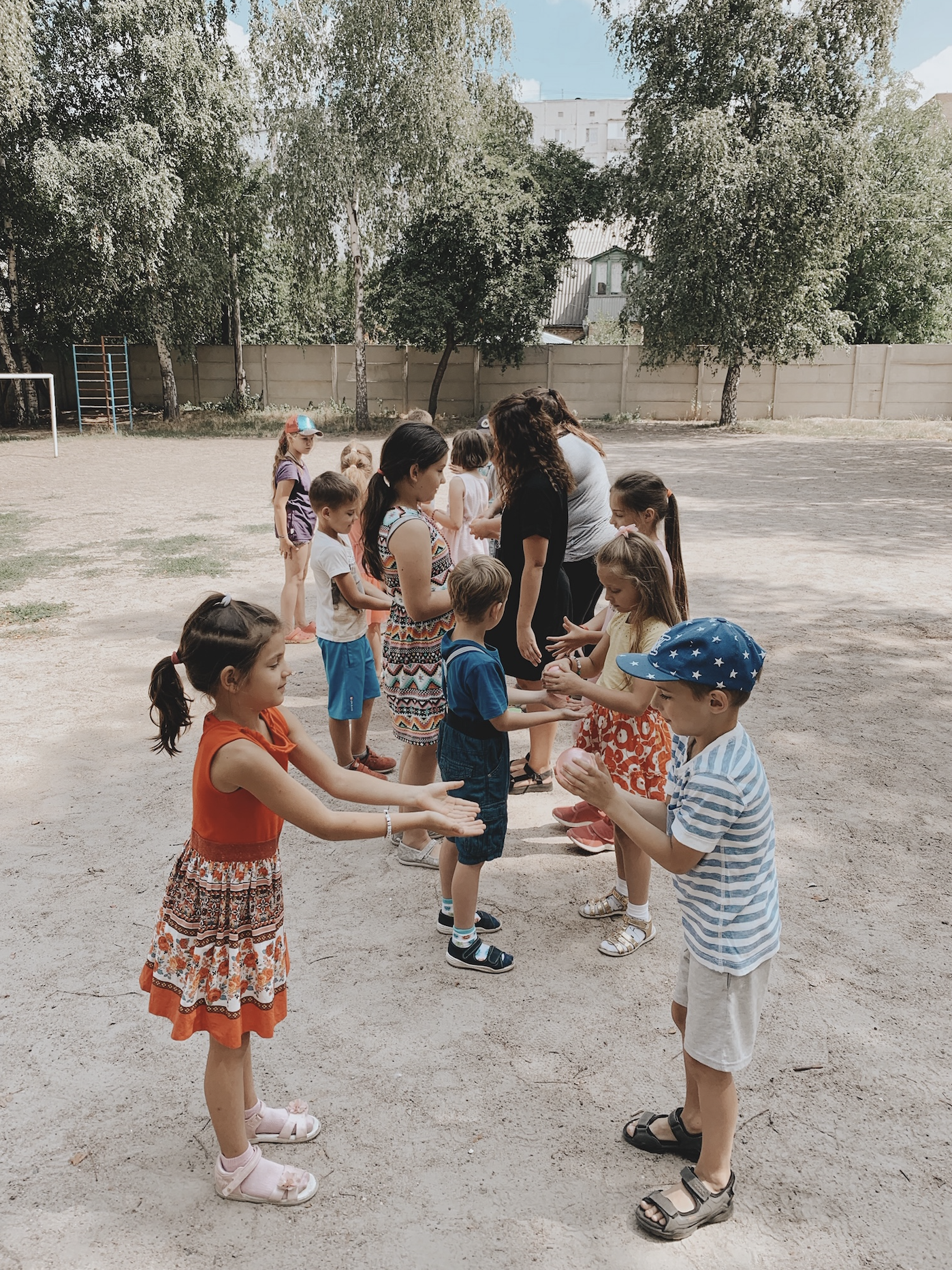
We've pulled together teaching ideas to help bulk up your lessons, compiled all of our tips from our teachers, ways to get more teaching experience (which will help you stand out, by the way), and insider tips to managing a classroom — Oh, and our favorite ways to get teaching supplies for cheap.
If you're trying to get into the elementary education scene, the most crucial part of that decision is to get experience.
Ways To Get Experience First
No matter how many blogs you read and how many teachers you talk to, nothing can really take the place of real life experience, especially when it comes to the classroom. The easiest way to test out if you're looking to be a teacher is to get in the classroom yourself — and the best way to help you stand out from other applicants is to have as much experience as possible, in a wide variety of situations.
Most educational programs incorporate a semester or year of student teaching before you can become fully certified, but that comes after years and years of taking Elementary Education classes, human development classes and other curriculum about teaching and behavior ... what if you're looking to get a bit of experience before you're almost about to graduate?
We recommend testing the waters at first, in a few different ways.
Shadow A Teacher
If you have friends in the teaching industry, or have even stayed in touch with your own teachers from grade school, ask if you can come in for a job shadow. You'll be able to sit in and observe, and could take over small tasks or teaching portions depending on the teacher you're shadowing and the school they're at.
However, this only gives you a short window into what teaching is potentially like. Unless you are shadowing for an extended period of time, you'll get a small taste of what's demanded as a teacher, and doesn't lend as much hand's on experience (crucial for resumes) that you should be looking for.
Get An (Early) Internship
It's been mentioned earlier that your Elementary Education won't be fully complete without an internship or a student teaching position, but that does come after several semesters of coursework ... which may be too late if you're not 100% sure you'll love the idea of teaching.
It can be tricky to land an internship if you haven't completed all of your qualifications, which means waiting until you're nearly graduating to get an internship.
Teach Abroad
This is our favorite pick: you'll get the opportunity to experience another culture, and test-run a semester of teaching (or longer, depending on your program). You may need TEFL certification to teach with certain companies (which takes time and money), but not with ILP.
Not all teach-abroad experience requires any teaching experience or even TEFL certification. ILP gets you in a classroom in one of our countries for a semester of teaching.
Test-run what it's like to be in the classroom teaching a group of children for several months ... but still get time to explore the country you call home with free time every day and weekends off. You'll also get vacation days to travel around with your ILP group so you can see even more while you're bulking up your resume.
Learn more about ILP here, or by chatting with an ILP representative who can answer your questions.
%2023B.jpg?width=650&height=812&name=Uganda%20(male%20teacher%20group)%2023B.jpg)
Managing Your Classroom
What Is It Like To Teach With ILP?
You'll get real teaching experience by being in the classroom, planning your own lessons and following a set curriculum, but don't worry — we're here to help you every step of the way. Lessons and teaching styles vary a bit depending on how old your students are and the level you are teaching. For our Primary Level students, lessons are more like a play-like activity that you're conducting in English.
To help you get an idea of what teaching is like with ILP, we have more info here.
We keep classes small, so you aren't thrown into a class of 40 and need to figure out how to handle that one your own. Classes are typically under 8 students for younger kids, and no more than 12ish for older students. Your classes might be considerably smaller than that, depending on where you'll be teaching.
Here's how to survive your first week of teaching, which includes tips on how to take care of yourself so you don't get burnt out ... You're probably still adjusting to the time difference, after all.
Handling Problems
No matter where you'll be teaching or job shadowing or internship-ing, you'll run into kids who will be difficult for you to handle. That may mean disruptive kiddos who won't listen and ones who'd rather sit and chat with their friends. All a part of the day in the life of a teacher, right?
Get real life experience knowing what it's like to love the troublemakers in your class by testing out those principles in real life. Make connection outside of class, realize where they are coming from, problem shoot the distractions that help them create a more disruptive atmosphere, etc. You'll be a able to implement those strategies first hand which will help you later on in your teaching career.
No matter how difficult your class, there are so many teachers who tell you that even with all the dreamy vacations around the world, teaching the kids was their favorite part about their ILP semester.
What To Wear While Teaching
This goes hand in hand with managing your classroom; everywhere around the world, teachers are held to a high standard, which is directly influenced by the way you dress. Nothing too short, too tight, too casual — you get the idea. Your school will most likely provide a dress code (no jeans, no sandals, it just depends on your school) but in general, err on the side of being modest and not too casual.
Make sure you're trying on clothes that pass "the kid test": Put your arms above your head and make sure your hemline doesn't rise too high, and you don't see your stomach. When you bend down, make sure no little kiddos can see down your shirt. And underneath? We recommend wearing spanx if you're wearing anything above floor length in case kids toss up your hemlines.
ILP teachers will have a dress code outlined by their school, but typically that means skirts and dresses that reach to your knee, along with sleeves that cover your shoulders and don't dip too low (for the ladies). For male and female volunteers, avoid pants with holes or rips, and tee shirts with logos. Certain schools require you to wear dresses or skirts while teaching, while others are fine with jeans ... but no sandals. Before packing up for your semester abroad, we suggest finding out more about what ILP teachers wear, right here.
Where To Get Comfy Teaching Clothes
We've put together a list of our favorite places to buy comfy and modest clothes that are perfect for teaching, especially when it comes to teaching in countries that are hot and humid.
Even if your school does have a dress code that allows jeans (most ILP schools do, by the way) most female teaches tend to wear skirts and dresses just because they tend to help you stay cooler.

Finding Lesson Ideas
ILP teachers will be teaching two groups of students: Primary Level and Elementary Level (with a few subsets within those groups, like Basic Reading). What age group you are teaching determines what kind of lessons you'll be teaching — Most of the LP countries have a combination of Primary and Elementary classes.
Elementary Lessons
Teachers with the ILP Program won't be planning their own lessons for Elementary lessons; instead, they'll follow a set curriculum set out by certain textbooks. This is similar to what it's like to teach at an elementary school in the United States. Teachers will need to instruct students on select materials and subjects to help align with state regulations and outlines. The same procedure works for ILP classes. You'll be teaching lessons out of set textbooks, instructing classes on core subjects like science, math, language arts, etc.
At training, you'll get information on how to access packets of info specifically written to help you plan and carry out Elementary Lessons.
Primary Lessons
For teachers in Primary lessons, you will be creating your own lessons. You'll get more instruction on this during ILP pre-departure training (we train all of our teachers prior to sending them abroad so you can learn the ILP method) but essentially, you'll be doing play-like lessons in a few different teaching categories, like Games, Kitchen, Arts & Crafts, etc.
We have some lesson ideas to get you started in each other six ILP teaching categories used for Primary lessons here:
Besides the list above, we have more ideas on where to find ILP lesson ideas if you'll be teaching Primary Level students. Volunteers will also get more teaching tips and lesson plans at pre-departure training. Before you head off to live in a different country, we have a 2-day training full of tips and tricks. You'll find out more about lesson plans there.
Tips For Planning Your Lessons
We have a whole post about lesson planning tips that is full of advice to make the most of this time so you're not spending all of your free time planning lessons instead of experiencing the culture around you. Teaching abroad shouldn't be monopolized by just teaching or just experience a new culture — The ILP program strives to strike a balance between the two, which is why we're here to help you find teaching resources to make lesson planning easier on you.
As an ILP volunteer, you’ll spend about a half day volunteering (up to 4 hours of direct interaction with the kids, plus preparation time, transportation, and clean up). You'll be volunteering Monday to Friday, with weekends off to do a lot of exploring (not to mention the free time during the week). Since teachers will be planning their own lessons or outlining step-by-step instructions on how to follow the school's curriculum, you'll need to use some of that free time to make sure lessons are taken care of.

Where Can I Get Teaching Supplies?
Getting Teaching Supplies for Free
A question for anyone in the education world. Our vote, especially when it comes to just starting out teaching or volunteering for a semester is to get your teaching supplies donated. You aren't going to want to sink money into construction paper if you're also trying to pay for school or your semester of teaching abroad. We have ways to get teaching supplies for free, right here.
Where To Get Cheap Supplies
If you have already fundraised and are still in need of some teaching supplies, don't worry, you can also get teaching supplies for cheap at these stores. We've priced out different supplies at popular chains and cited the ones with the best deals if you still need supplies after fundraising.
ILP teachers can also contact the ILP office; sometimes we have other volunteers who end up with too many supplies, and donate the extras to our office, so we can hand them out to future volunteers. Reach us at office@ilp.org.
Are There Supplies I Shouldn't Get?
Yes and no. All teachers will be using a variety of objects and supplies in their lessons ... you can really incorporate anything if you're creative enough. That being said, there are some supplies that are in high-demand for teachers.
Things like single-use items are always a good idea to stock up on (construction paper, tape, glue, paper plates, stickers, etc). Things like scissors can be used over and over and over again, which means you'll need less of them. Some items go through the ringer with little kids, so supplying more markers and crayons is also a good idea — no one likes coloring with dried out markers or broken crayons.
We have a more comprehensive list of what supplies to bring here.
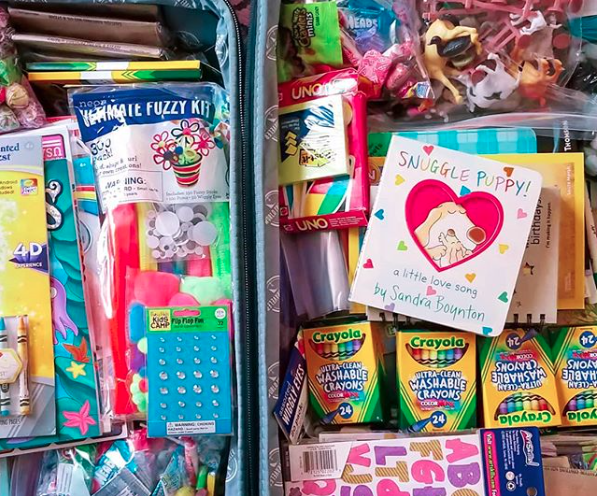
Tips From Experienced Teachers
Managing Nerves While Teaching
Worried about being a good teacher? You're not alone. Since the ILP teaching method is unique to everyone, even if you do have teaching experience you won't be totally prepared for your ILP semester. But that's fine! In fact, we're planning on the fact that you're going to be a bit nervous, because that means you're worried about doing a good job teaching.
We've talked to some teaching novices after their ILP semester to help give you a taste of what they thought about teaching after it was all said and done: read about being nervous about teaching, here.
Connecting Better With Your Students
A huge part of your semester abroad or your teaching experience will be centered around your students; learning how to connect better with them will drastically change your experience and let you know if you're ready for a teaching career.
Connecting with your students can be done in tons of way (especially if you have an entire year or semester with the same ways) but some of our favorite ways is to sit one-on-one with kids during a break to talk to them about what they like to do or what they are frustrated out. Any outside of class time is also a good opportunity to become friends with your students. Class parties or holiday celebrations also allow you to see your students excel at something other than coursework.
ILP volunteers might also get the chance to live with one of their students and their host family, or get to tuck their students in at night. Any way you can get to know your students out of class will have an enormous impact on your teaching experience.
Should You Volunteer Or Get Paid?
If you're set off to go volunteer abroad, should you be getting paid for it? It depends on your experience. ILP does offer paid programs where you can be compensated for teaching abroad, but your schedule is drastically different than our volunteer programs. Both allow you to have the experience of teaching abroad, but the teaching program doesn't structure in as much free time as our volunteer program.
You can weigh the pro's and con's of ILP's paid and volunteer programs here, but for other programs, there may be similar overlap. Getting paid may be more difficult to obtain, especially if don't have the experience they are looking for.

Consider getting some hands on teaching experience with ILP
Teaching is one of those careers that you can test out before you commit, especially if you sign up to volunteer with ILP for a semester. We have programs all over the world. Whether you're committed to teaching and want to see what it's really like, looking for experience, or figuring out a way you can give back and make a difference, International Language Programs might be a good fit for you.
Come fill out an application to get started, even if you're not 100% committed. Clicking that button will put you in touch with someone who has volunteered with us before and can help answer all of your questions: 

